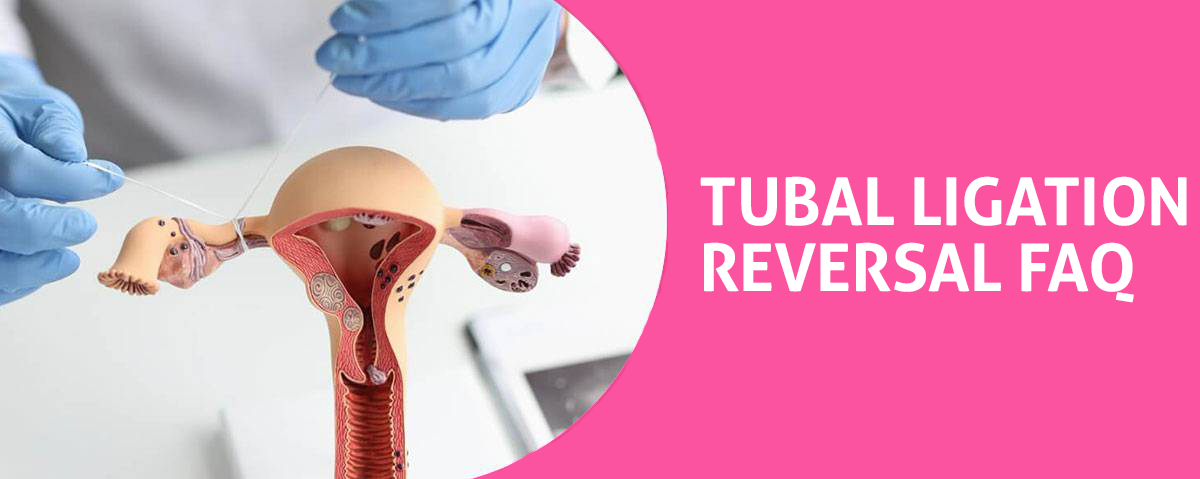Can I Get Tubal Ligation When 19?
In most countries, you’re legally allowed to get a tubal ligation once you turn 18. However, Sterilization Legislation varies, and it’s crucial to understand these differences. Some regions may require you to be older, have a certain number of children, or undergo mandatory counseling before the procedure. Age Restrictions also come into play, as some jurisdictions might argue that a person under 21, for example, cannot fully grasp the permanent nature of this procedure. It’s important that you consult with your healthcare provider to understand the sterilization laws in your country or state. Remember, the laws are designed not to limit you, but to ensure you make an informed, responsible decision about your reproductive health.
Medical Risks and Considerations
While you’re considering the legal aspects of tubal ligation at 19, it’s just as important to understand the medical risks and considerations associated with this procedure. A thorough risk evaluation is a must. As with any surgical intervention, potential surgical complications exist. These can include adverse reactions to anesthesia, infection, excessive bleeding, or damage to surrounding organs. Furthermore, despite tubal ligation being a highly effective method of permanent birth control, it’s not 100% foolproof. There’s a slight chance of becoming pregnant after the procedure, which can lead to an ectopic pregnancy, a serious health risk. It’s also important to note that this decision is typically irreversible, so you should be certain about not wanting to bear children in the future.
Alternatives to Tubal Ligation
Given these risks, you might want to explore other less invasive and reversible birth control options before deciding on tubal ligation. Contraceptive options abound, and each offers different advantages. Hormonal methods, for example, include birth control pills, patches, and injections. They’re usually very effective and can also help manage issues like heavy periods or acne. Barrier methods, such as condoms or diaphragms, offer protection without hormonal side effects. Intrauterine devices (IUDs), both hormonal and copper-based, provide long-term, reversible contraception. There’s also fertility awareness methods, where you track your menstrual cycle to avoid pregnancy. Ultimately, it’s about finding what works best for your body, lifestyle, and future plans. Consult with your healthcare provider to discuss these alternatives.
Other Popular Questions About Tubal Ligation Reversal:
How Dangerous Is Tubal Ligation?
How Common Is Weight Gain After Tubal Ligation?
How Common Is Tubal Ligation Failure?
How Common Is Regret After Tubal Ligation?
How Common Is Recanalization After Tubal Ligation?
How Common Is It to Get Pregnant 7 Years After a Tubal Ligation?
How Can You Tell if Your Tubal Ligation Failed?
How Can You Still Have Periods After Tubal Ligation Anatomy?
How Can You Have a Period After Tubal Ligation?
How Can I Tell What Type of Tubal Ligation I Had?
How Can I Reverse Tubal Ligation?
How Can I Prevent Early Menopause After Tubal Ligation?
By using this webiste you agree to Terms and Conditions
